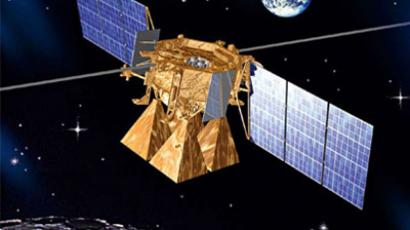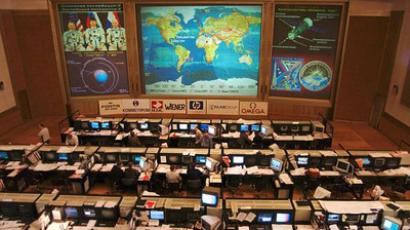Man on Moon & Mars landing: Russia space plans unveiled
Russian probes will visit Mars, Jupiter and Venus, while Russian cosmonauts will set foot on the surface of the Moon – all by 2030. At least according to the plans of the country’s space agency.
Space Development Strategies up to 2030, the official blueprint that for the country’s space industry in the coming years, was submitted to the government by the Russian Federal Space Agency (Roscosmos) last week, Kommersant reports.And it makes for a breathtaking – some might say fantastical – read.By 2020, the long-gestating and as yet untested Angara rocket will become the chief means of launching Russian loads, replacing the trusted Soyuz and Proton, which have been in use since the mid-1960s. The new rocket will be headed by a new piloted spaceship carrying six astronauts, instead of the current three. No concrete project for such a spaceship currently exists.The launches will be made from the brand-new Vostochny cosmodrome in the east of Russia, decreasing dependence on the outdated Baikonur facility, which is located outside of country’s borders in Kazakhstan and has to be rented. Construction on the $20 billion facility began last year, and is scheduled to wrap up in 2018.By 2030 Russia will send sophisticated robots to collect moon samples, establish a series of moon bases, potentially launch a space station to orbit the moon. The program will be capped with a manned moon landing.But these are just a dry run for a similar exploration of other planets, with probes to be sent to Jupiter and Venus. The plan states that in 18 years, the technology will make a flight to Mars possible. Beyond that date, Roscosmos and NASA are considering a joint program to send cosmonauts to the Red Planet, and establish a network of bases on its surface.Previously, Roscosmos chief Vladimir Popovkin claimed that the program would cost $5-7 billion a year. The strategy presupposes attracting private investors to supplement any costs, and will be supervised by a new government body – the Space Council.
Future rosier than present
Despite the grand plans, 2011 was a historically bad year for the Russian space program.A record five Russian missions ended in failure either through botched launches, or in one case, while out in space.The much-touted Fobos-Grunt Mars probe barely reached the Earth’s orbit when its navigation systems failed. After drifting aimlessly for weeks, it crashed down into the ocean.This was the seventeenth time the Soviet Union or Russia had launched a probe towards Mars. None ever reached their destination.In contrast to the buoyant Russian program, NASA has announced that it is scrapping two major Mars missions scheduled for 2016 and 2018 to save money. One of these was scheduled to study the atmosphere of the Red Planet, while the other would have brought back rock samples.














